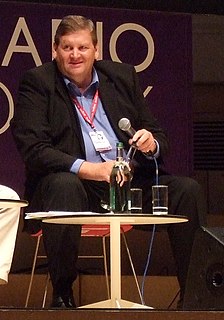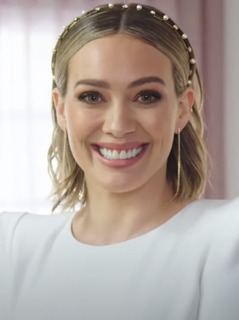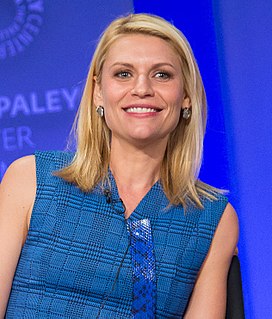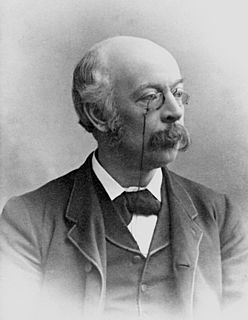A Quote by Hafez
The great religions are the ships, Poets the life boats. Every sane person I know has jumped overboard.
Related Quotes
--Why are we fighting them? --They're mad. We're sane. --How do we know? --That we're sane? --Yes. --Am I sane? --To all appearances. --And you, do you consider yourself sane? --I do. --Well, there you have it. --But don't they also consider themselves sane? --I think they know. Deep down. That they're not sane. --How must that make them feel? --Terrible, I should think. They must fight ever more fiercely, in order to deny what they know to be true. That they are not sane.
All religions are not the same. All religions do not point to God. All religions do not say that all religions are the same. At the heart of every religion is an uncompromising commitment to a particular way of defining who God is or is not and accordingly, of defining life's purpose.
Anyone who claims that all religions are the same betrays not only an ignorance of all religions but also a caricatured view of even the best-known ones. Every religion at its core is exclusive.
I was in Los Angeles. I saw the biggest ships you have ever seen with cars pouring off from Japan, into Los Angeles. Just pouring off these ships, and I am saying to myself, we send them beef, it's a tiny fraction, and, by the way, they don't even want it, they have to fight in order to take it in because they don't even want it, and it's very perishable, they'll send it back, they'll find reasons not to take it. And yet the ships, the boats, the ships are loaded up with cars, thousands of cars and they are just pouring off.
Then you don't know. You can't know what it feels like to meet a person and suddenly know without a doubt that the whole purpose of your life so far-every choice you made, every twist of fate along the way-was just a journey to get you to that person. My life started when I met Clea. Every minute without her is just killing time until we can be together again.
Nearly all men and women are poetical, to some extent, but very few can be called poets. There are great poets, small poets, and men and women who make verses. But all are not poets, nor even good versifiers. Poetasters are plentiful, but real poets are rare. Education can not make a poet, though it may polish and develop one.
I was reading Emily Dickinson and Edwin Arlington Robinson, but these weren't the poets that influenced me. I think Gwendolyn Brooks influenced me because she wrote about Chicago, and she wrote about poor people. And she influenced me in my life by giving me a blurb. I would see her in action, and she listened to every single person. She didn't say, "Oh, I'm tired. I gotta go." She was there, and present, with every single person. She's one of the great teachers.
I must say what I admire most is the person who masters an area of practical experience, and can teach me something. I mean, my local midwife has taught me how to keep bees. Well, she can't understand anything I write. And I find myself liking her, may I say, more than most poets. And among my friends I find people who know all about boats or know all about certain sports, or how to cut somebody open and remove an organ. I'm fascinated by this mastery of the practical.







































